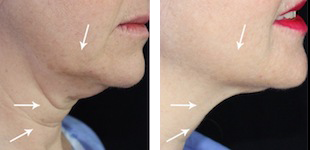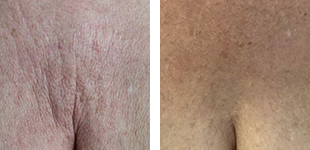About PRP
PRP (Platelet Rich Plasma) also known as Vampire Facial or Blood Facial is a cosmetic procedure that helps fight the signs of aging, but is it right for you? In this article, Santa Monica Dermatologist, Dr. Kormeili explains what PRP is and how to determine if you are a potential candidate.
PRP involves the injection of the patient’s own platelets and fibrin, along with all the nutrients in the plasma. These growth factors and plasma components help in tissue healing and rejuvenation. When extracted from the patient, and processed, they can be injected back into an area for healing and rejuvenation.
PRP has been used for scars, wrinkles and even hair growth with fair success. It can be used in combination with micro-needling or lasers to have better results. It is safe and natural because it is really all derived from one’s own body, then concentrated and locally delivered to the site it is needed.
The initial data to use PPR was limited to orthopedics with cool athletes being the only ones who could benefit from these treatments. Once PRP made it to the aesthetic world, it became known as blood facials or Vampire facials. It was soon discovered however that the blood (red stuff) is less effective than the plasma (yellow). And then of course, it became obvious, why waste this “liquid gold extract” on the skin when it can be delivered deep into the skin?
However, not everyone is a good candidate. Therefore, before you decide to embark on this treatment, consider the following limitations.
Are You A Good Candidate For PRP?
This treatment is not indicated for patients who have:
- History of skin cancer
- Blood disorders or problems with platelets
- Liver disease
- Hepatitis
- Infections (acute or chronic)
If you are taking these types of medications, you are also not a candidate for PRP
- Anticoagulation medication (Warfarin, Plavix) or NSAIDS (Asparin, Advil)
- Supplements such as Fish oils, Vitamin E, St. John’s wort, garlic, or Echinacea
Therefore, if you want to have the best results with PRP, see if your doctor will clear you for stopping any of the medications above for 2 weeks. Do NOT stop on your own, and check with your prescribing doctor first.
We look forward to evaluating you for proper care and to determine if you benefit from PRP. There are many other treatments that can be used to address various concerns in dermatology. Give us a call for your consultation today!




